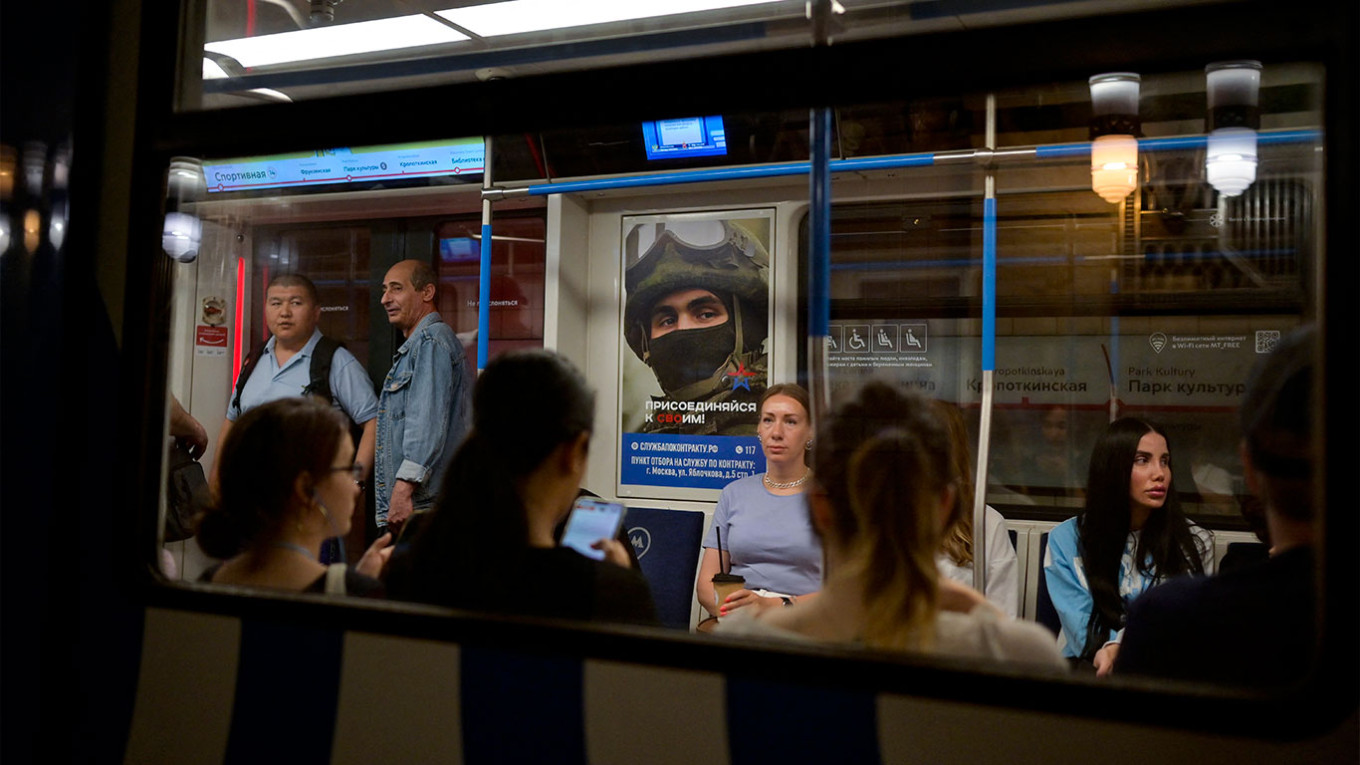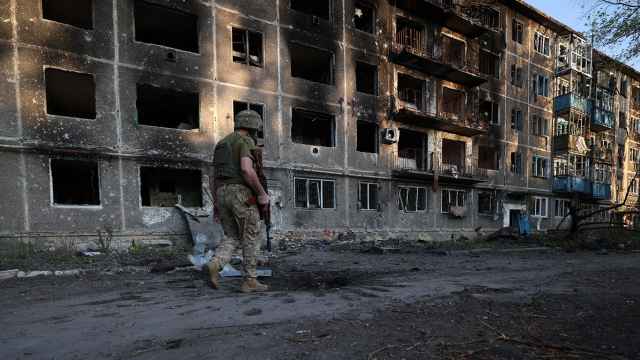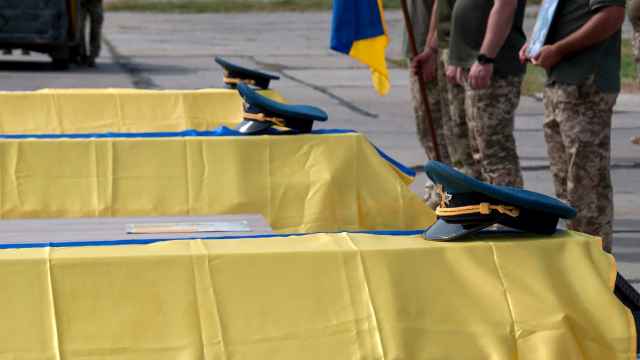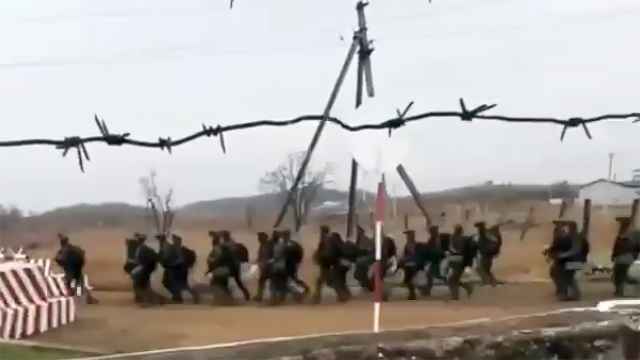MOSCOW — For most Russians, their country’s two-year war with Ukraine has long faded into the background of everyday life.
“The average Russian is just waiting for this to end,” was how one Moscow resident described prevailing sentiments about the war.
“The idea of 'let me live my life and leave me alone' resonates with many people who chose to stay in the country and are simply waiting things out,” he told The Moscow Times, requesting anonymity to speak candidly.
While many people now avoid talking about the war altogether, for those whom it has directly impacted, such as the families of mobilized soldiers, attempts by some to block out the conflict have led to resentment and deepened societal divisions.
And despite the detrimental impacts Moscow’s invasion of Ukraine has had on Russia — from the thousands of soldiers killed and wounded on the battlefield to an economy battered by Western sanctions — public opinion surveys suggest that most Russians still support what the Kremlin calls a “special military operation.”
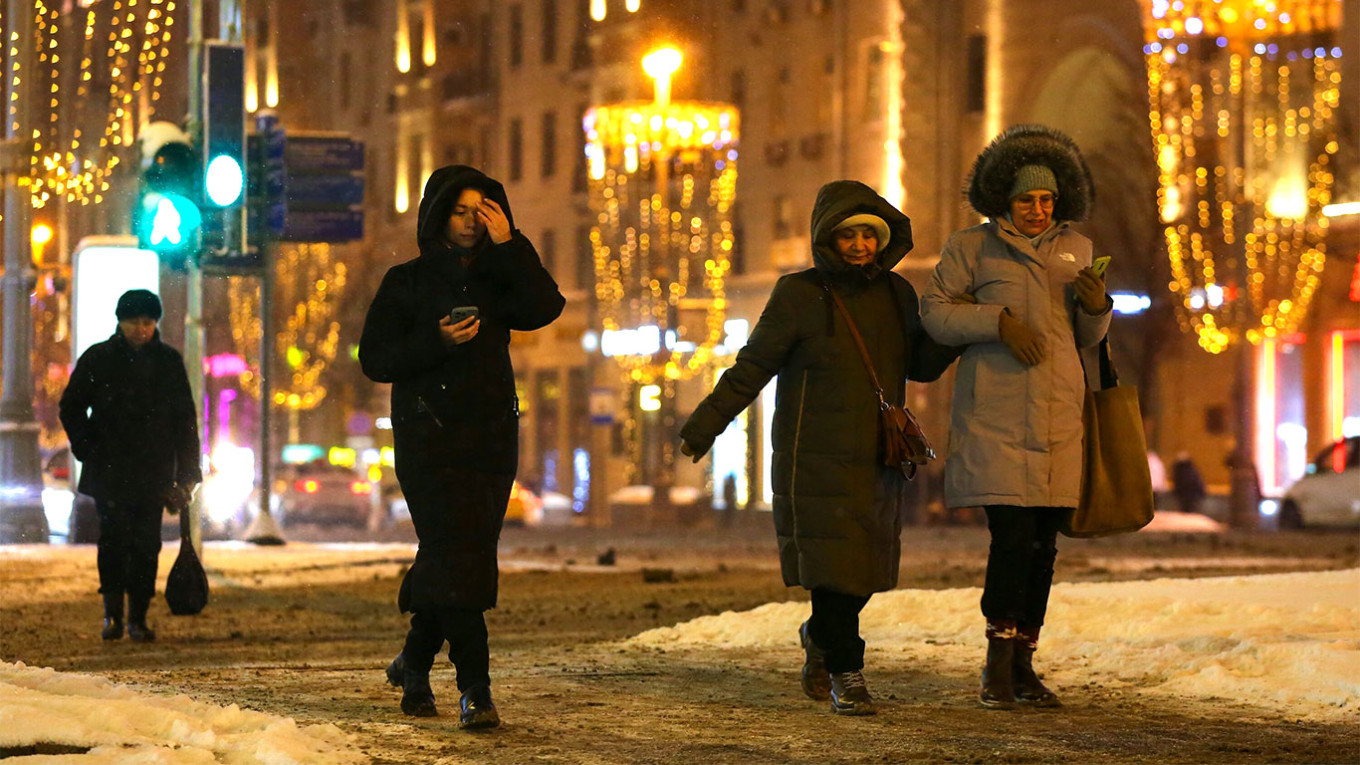
Fatigue and apathy
Today, only 54% of Russians say they closely follow the news about the war in Ukraine, according to the independent pollster Levada Center.
“People avoid raising topics [related to the war] — they have learned how to avoid conservations about these issues because they know that it will only lead to arguing,” said sociologist Denis Volkov, who heads Levada Center.
The government “is allocating a huge amount of resources to maintain socio-economic stability, supporting vulnerable groups, but also spending money on propaganda,” he added.
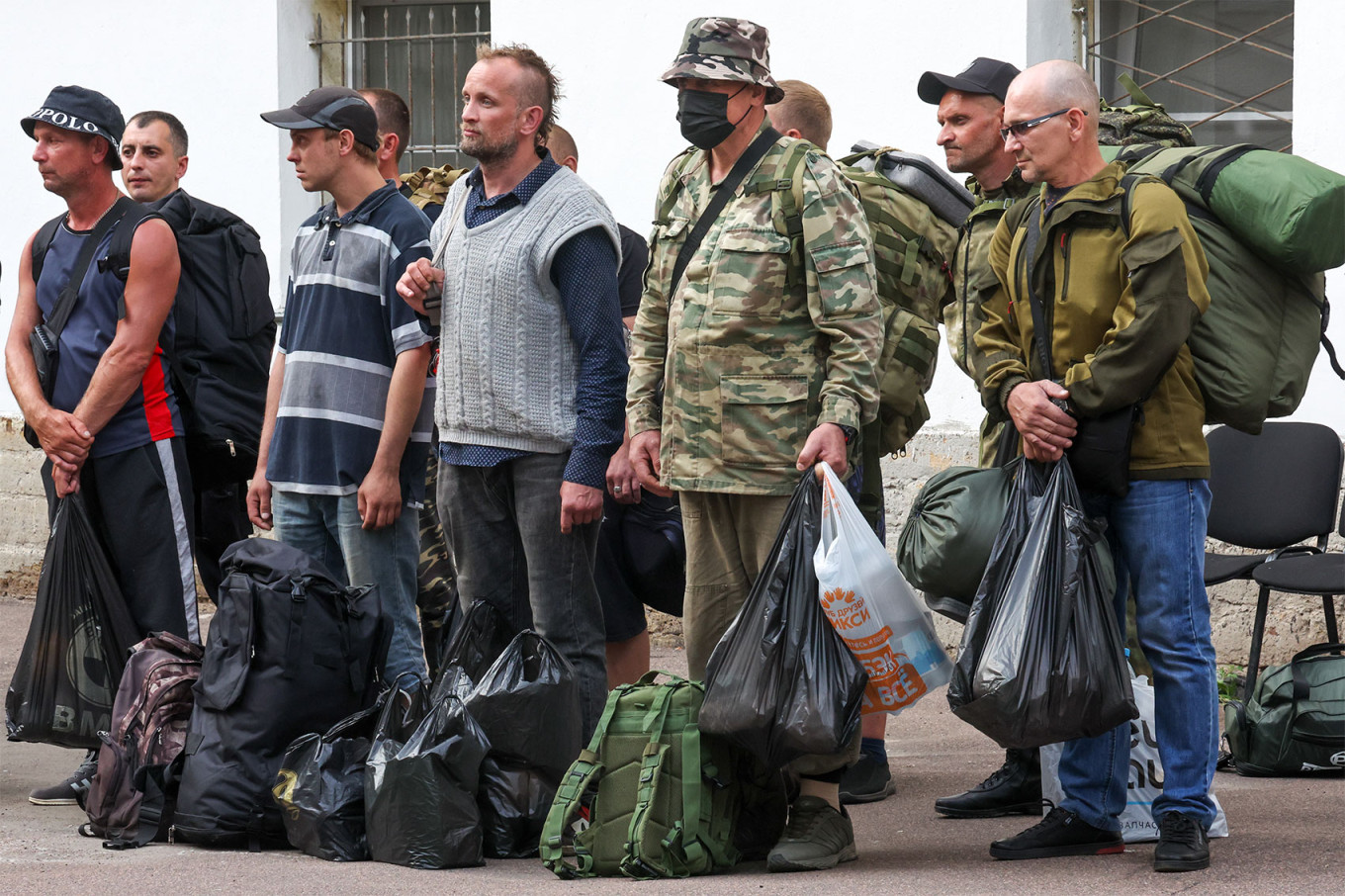
Soldiers and families
In Russia, no one has been more impacted by the war than the men sent to fight on the front line in Ukraine, as well as the families of these soldiers, who face the daily possibility that their loved ones may never return home.
For many relatives of the 300,000 reservists drafted in September 2022, the war is a bitter experience far detached from the sanitized depictions of the conflict on state television. Seventeen months after President Vladimir Putin announced a “partial” mobilization, some are calling for troops to return home.
Leading these calls is Put’ Domoi (Way Home), a grassroots group of mostly wives and mothers of mobilized soldiers.
Given Russia’s unrelenting wartime crackdown on dissent, relatives say the only way they can try to pressure the government to end mobilization is by sending official requests to the authorities and staging symbolic protests where they lay flowers at the monuments of fallen soldiers.
“We have no support [from society],” the wife of one mobilized soldier told The Moscow Times, adding that she felt “abandoned” because so few people seem to talk about the problems drafted troops face.
Relatives of these soldiers have long complained about the lack of training and equipment provided for mobilized men, as well as the fact that they are being sent into battle rather than being used in supporting roles.
“Many of our father’s comrades in arms have already died,” the daughter of a mobilized soldier from the Chelyabinsk region said.
“His health is deteriorating,” she added. “He’s very demoralized, we can hear it in his voice.”
In an apparent attempt to quell public discontent, Russia has offered lucrative salaries for mobilized soldiers, which are several times higher than the national average income, as well as generous benefits for their families, including free childcare and public transport.
“People say: ’Well, you get payments and benefits.’ I’m very upset to hear that — it’s not about the money,” the wife of the mobilized soldier said, referring to the military salaries.
“I only want to bring the father of my child back home.”

Border regions
While life in Moscow and St. Petersburg has remained mostly unchanged since the Kremlin launched its invasion, the war upended daily routines in regions bordering Ukraine from day one.
In the city of Belgorod, located less than 40 kilometers from the Ukrainian border, residents have grown accustomed to regular missile and drone attacks.
On Dec. 30, over two dozen people were killed in shelling of the city, the deadliest such strike on Russian territory since the start of the war.
In the nearby Bryansk, Kursk and Voronezh regions, sporadic drone attacks have also become more commonplace. Locals have been forced to either adapt to the dangers or leave these regions altogether out of concern for their safety and that of their families.
Belgorod residents told The Moscow Times they feel a growing sense of alienation from the rest of Russia. While they face the daily threat of being injured or killed, for the majority of Russians, the war is experienced vicariously through TV news.
“We have been abandoned and left here to die. Belgorod is like our personal coffin in which we will be buried alive,” a student in Belgorod said on condition of anonymity.
“We are living in a state of war… No matter what they say in Moscow or on state-run television about us receiving help,” the student added. “I think this is a complete farce.”
Overall, at least 144 civilians have been killed in the bordering Russian regions since the start of the war, according to the news website 7x7.
“While there is no polling data available, we usually measure what people think by reading comments on social media after major events in the region,” said Nikita Parmenov, the chief editor of the local news outlet Pepel.
“People want the war to end,” he said.
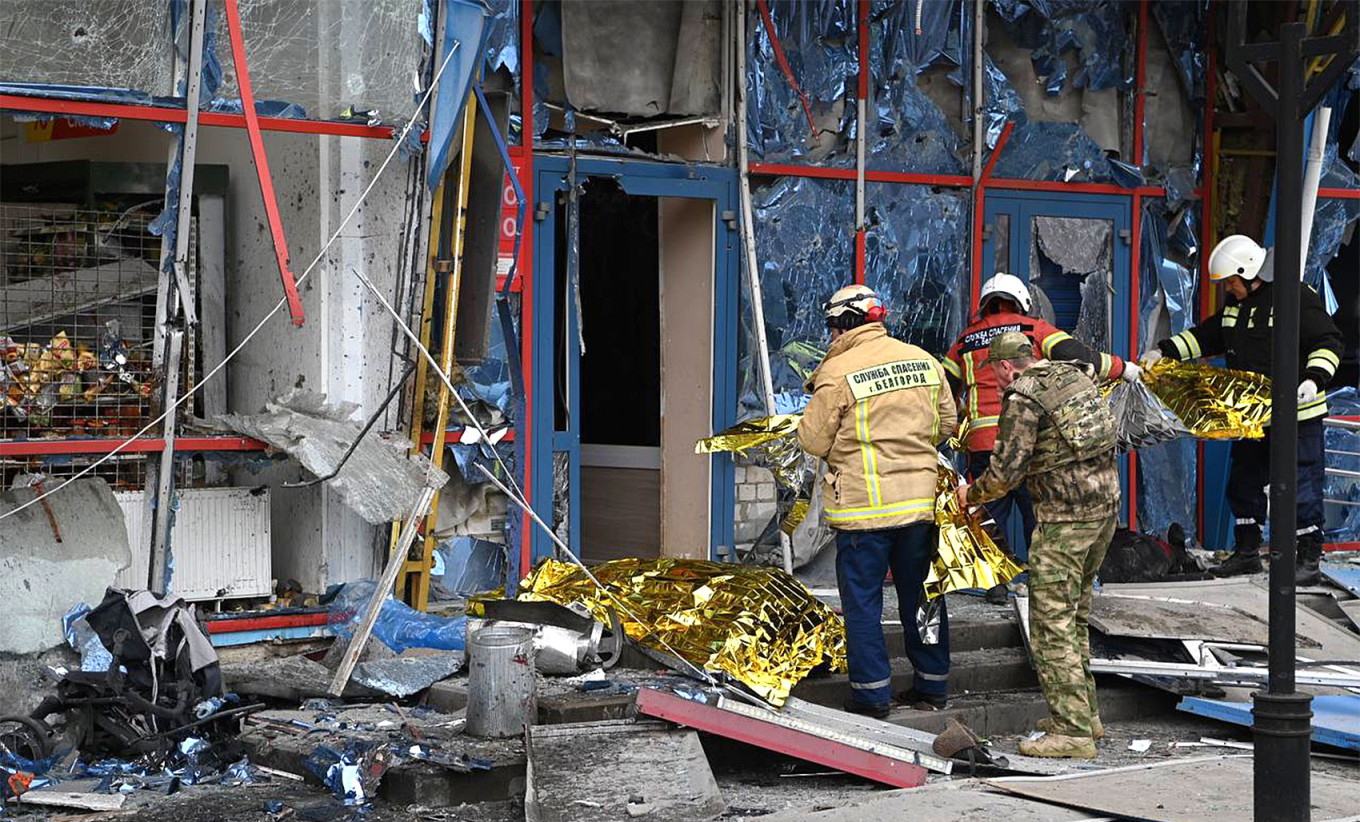
Resentment toward exiles
Among the divides that have emerged in Russia since the invasion is between those who stayed in the country and those who left — such as the thousands who fled after Putin’s “partial” mobilization announcement.
“Those who left have fallen out of touch,” a young woman, who returned to Moscow after living abroad for a time, said on condition of anonymity.
She said wartime emigres, in her view, tend to be more radical and perceive everything in Russia in a negative light, while those who stayed understand that life has not drastically changed apart from rising store prices and mobilization.
Many of those who left Russia amid the initial outbreak of war and later mobilization have gradually returned, in some cases because of problems with money and limited job opportunities abroad, but also because of the challenge of integrating into another country.
Even among those who still live in Russia but are opposed to the war, emigres are viewed as a distinct social group, defined by their more hawkish views toward the regime and pro-war Russians, as well as the kind of media they consume.
The young woman in Moscow said she has stopped following independent Russian media, which is mostly based abroad due to wartime censorship, arguing that exiled journalists fail to accurately portray what is happening inside Russia.
“I personally have mixed feelings about the idea that [emigres think] are all building a new, beautiful Russia somewhere,” the young woman said.
“The illusion that one can remain part of Russia and live abroad has vanished.”
A Message from The Moscow Times:
Dear readers,
We are facing unprecedented challenges. Russia's Prosecutor General's Office has designated The Moscow Times as an "undesirable" organization, criminalizing our work and putting our staff at risk of prosecution. This follows our earlier unjust labeling as a "foreign agent."
These actions are direct attempts to silence independent journalism in Russia. The authorities claim our work "discredits the decisions of the Russian leadership." We see things differently: we strive to provide accurate, unbiased reporting on Russia.
We, the journalists of The Moscow Times, refuse to be silenced. But to continue our work, we need your help.
Your support, no matter how small, makes a world of difference. If you can, please support us monthly starting from just $2. It's quick to set up, and every contribution makes a significant impact.
By supporting The Moscow Times, you're defending open, independent journalism in the face of repression. Thank you for standing with us.
Remind me later.



